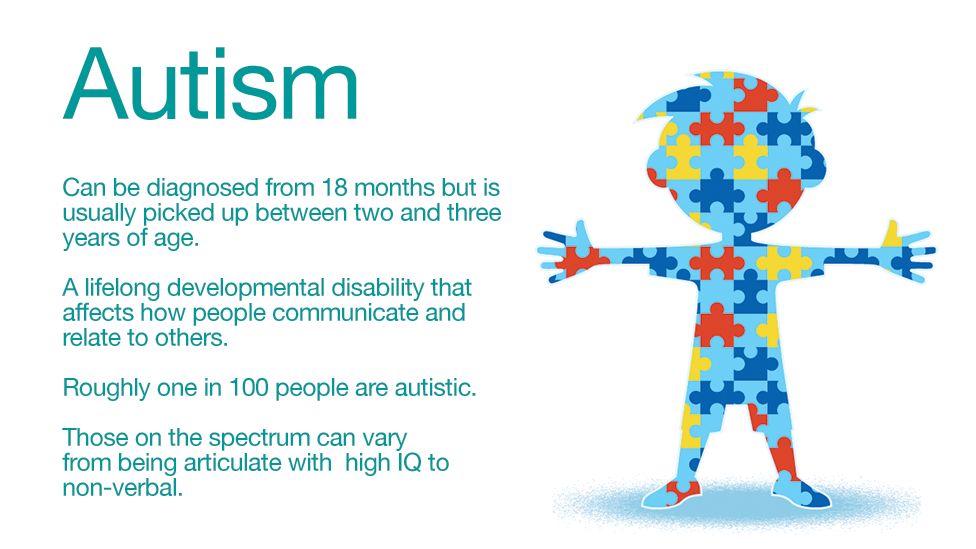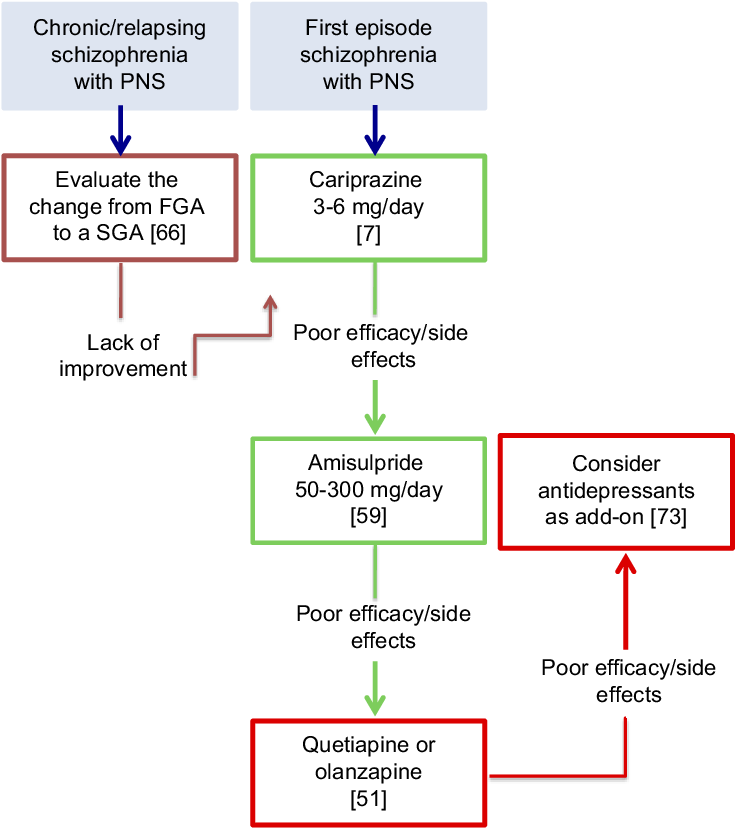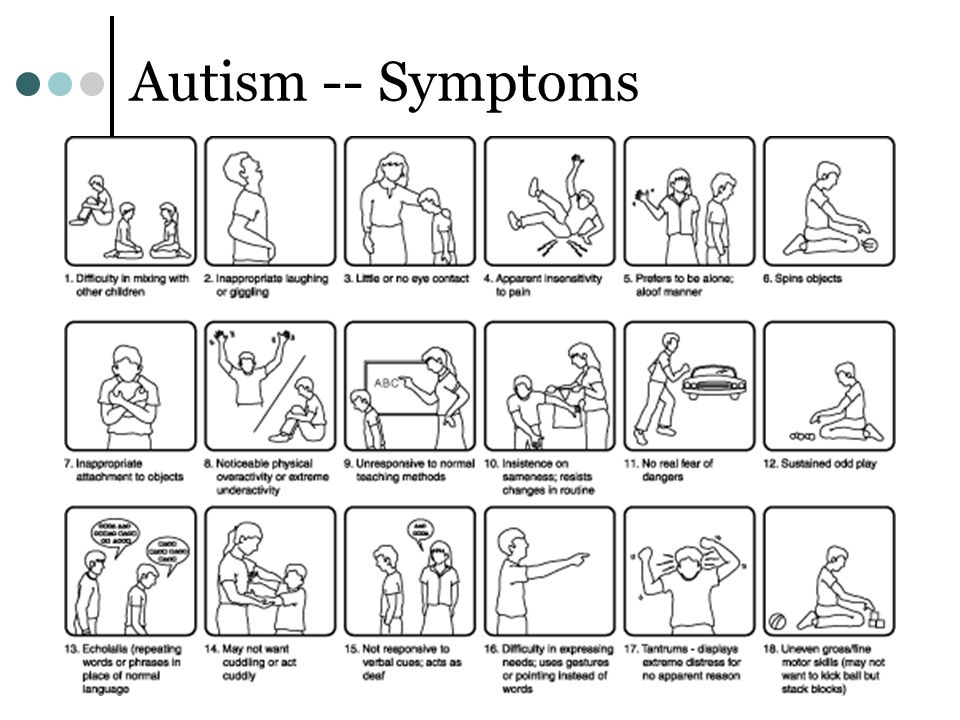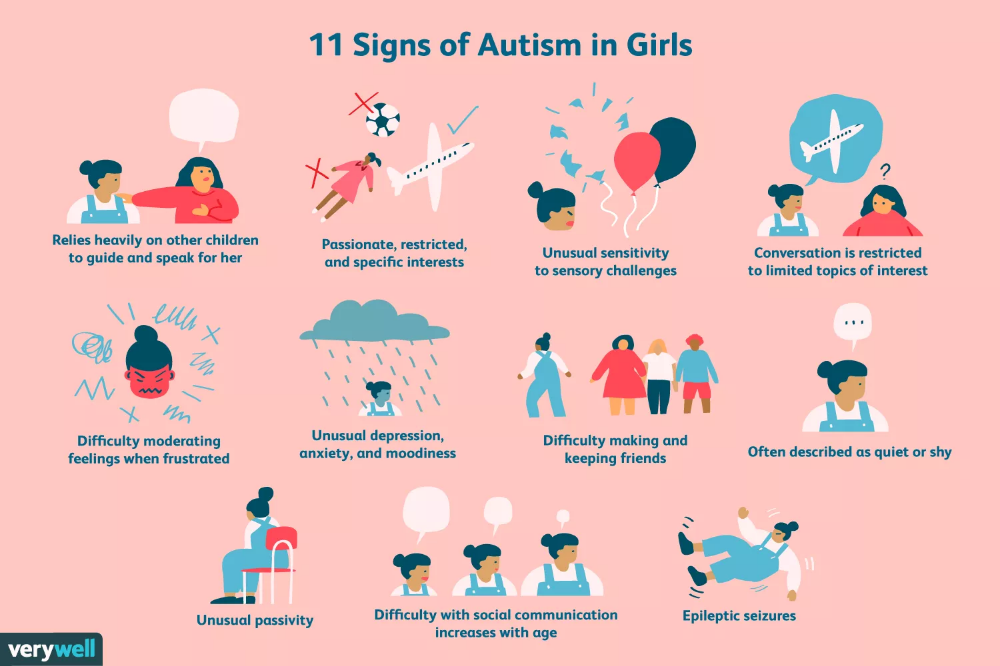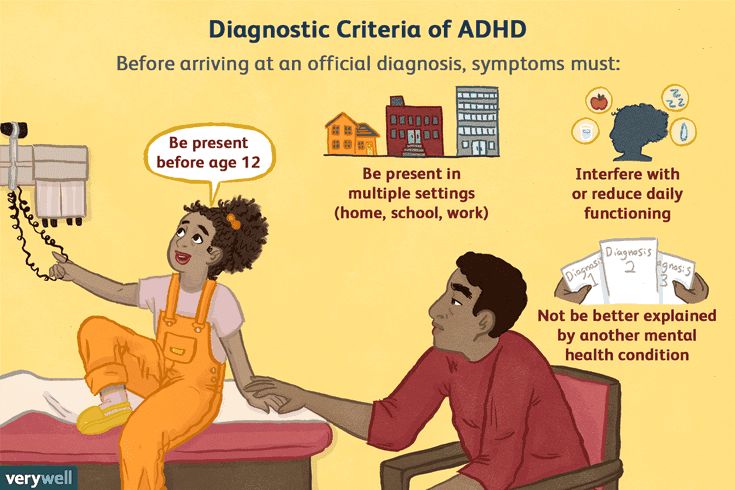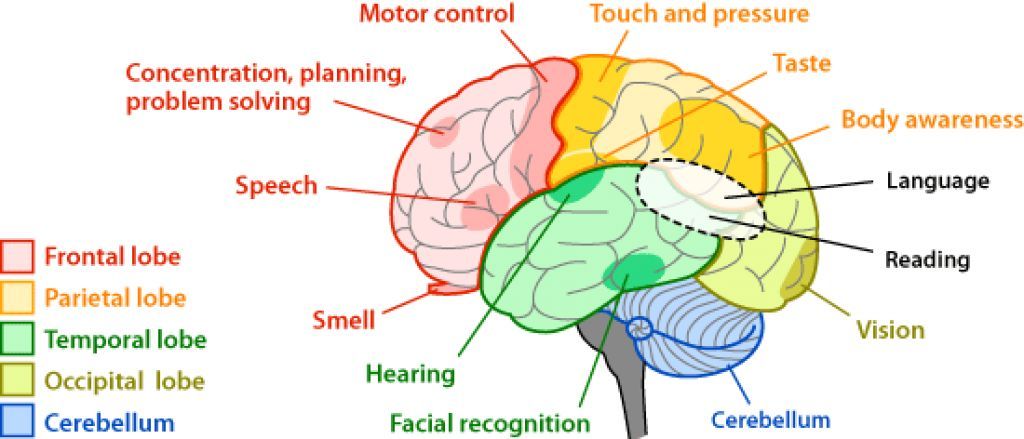People who are suffering
They Say Suffering Makes You Stronger. It's Not That Simple
Is suffering good for us? Does it make us better people, kinder and more resilient; does it give meaning to our lives?
It would be nice if it did, particularly since so many of us have been suffering these days. Around three-quarters of a million Americans have died of Covid, and those who loved them often didn’t get to say goodbye or hold a proper funeral. Millions have lost their jobs or their businesses, millions have had their life projects put on hold or derailed. There have been those trapped together who hate each other and others who essentially lived in solitary confinement. Even the luckiest experienced boredom, anxiety, and dread.
Many religious traditions see value in such suffering. Among other things, it is said to bring us closer to God. C.S. Lewis worried that we get too complacent and proud in our happiness; suffering wakes us up: “God whispers to us in our pleasures … but shouts in our pains: it is His megaphone to rouse a deaf world.
It removes the veil; it plants the flag of truth within the fortress of the rebel soul.” Some take this to extremes. William Henry Atkinson, the president of the American Dental Association, reportedly said, “I wish there were no such thing as anesthesia! I do not think men should be prevented from passing through what from passing through what God intended them to endure.”
I don’t think any modern-day psychologists would go this far, but some believe that great benefits can come from terrible experiences. Everyone has heard of post-traumatic stress; the alternative they advance is post-traumatic growth. As Richard Tedeschi, one of the founders of the theory, puts it, after experiencing traumatic events, “People develop new understandings of themselves, the world they live in, how to relate to other people, the kind of future they might have and a better understanding of how to live life.”
This surely happens some of the time, but there’s reason to be skeptical that this is a common psychological process.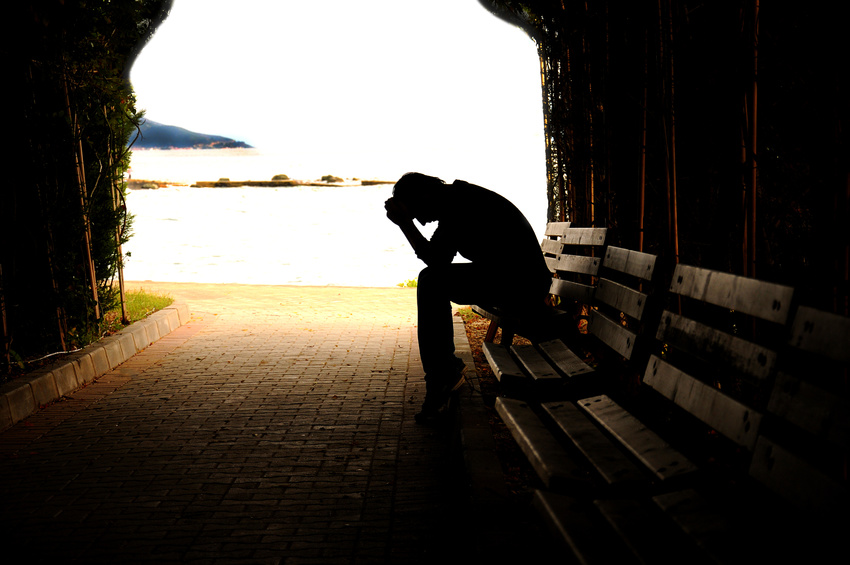 Most studies in the area explore people’s perception of how they reacted to trauma; there is less evidence for actual concrete changes. And a recent meta-analysis by Judith Mangelsdorf and her colleagues find that the same benefits said to occur after trauma also occur after major positive life events, and even when people have had nothing major happen to them, either bad or good. It may be that growth (or the perception of growth) just occurs over time; suffering has little to do with it.
Most studies in the area explore people’s perception of how they reacted to trauma; there is less evidence for actual concrete changes. And a recent meta-analysis by Judith Mangelsdorf and her colleagues find that the same benefits said to occur after trauma also occur after major positive life events, and even when people have had nothing major happen to them, either bad or good. It may be that growth (or the perception of growth) just occurs over time; suffering has little to do with it.
But there is good news to be found in the psychological research. As George A. Bonanno discusses in his new book “The End of Trauma”, we are much better than we think we are at enduring traumatic experiences; resilience is the rule, not the exception. We will mostly make it through this experience unscathed. While there may not be a wave of communal growth after the collective suffering brought on by the pandemic, we won’t all get PTSD either.
And it gets better. To use Nicholas Nassim Taleb’s term, we are antifragile: “The resilient resists shocks and stays the same; the antifragile gets better. ” Some degree of life suffering turns out to have modest positive effects. In one set of studies, subjects were given a list of thirty-seven negative life events—physical assault, death of a loved one, and so on—and tallied up how many they had experienced in their lives. Those seemingly lucky people who reported no such events turned out to have lower than average pain tolerance and higher than average tendency to catastrophize about stressful situations. (Importantly, though, those people with high levels of negative experience also showed the same pattern—there seems to be a sweet spot of intermediate suffering where we do best.)
” Some degree of life suffering turns out to have modest positive effects. In one set of studies, subjects were given a list of thirty-seven negative life events—physical assault, death of a loved one, and so on—and tallied up how many they had experienced in their lives. Those seemingly lucky people who reported no such events turned out to have lower than average pain tolerance and higher than average tendency to catastrophize about stressful situations. (Importantly, though, those people with high levels of negative experience also showed the same pattern—there seems to be a sweet spot of intermediate suffering where we do best.)
There are similar effects for kindness. People who haven’t suffered much in their lives are less likely to agree with claims like “It’s important to take care of people who are vulnerable” and “When I see someone hurt or in need, I feel a powerful urge to take care of them,” and are less likely to donate to needy strangers.
Most of all, there is a powerful relationship between suffering and meaning. Individuals who say that their lives are meaningful report more anxiety and worry and struggle than those who say that their lives are happy. The countries where citizens report the most meaning tend to be poor ones where life is relatively difficult. In contrast, the countries with the happiest people tend to be prosperous and safe. The jobs that people say are most meaningful, such as being a medical professional or a member of the clergy, often involve dealing with other people’s pain. When asked to describe the most meaningful experiences of our lives, we tend to think about those on the extremes, very pleasant—and very painful. And we often choose pursuits that we know will test us—everything from training for a marathon to raising children—because we know at a gut level that these are the pursuits that matter.
Individuals who say that their lives are meaningful report more anxiety and worry and struggle than those who say that their lives are happy. The countries where citizens report the most meaning tend to be poor ones where life is relatively difficult. In contrast, the countries with the happiest people tend to be prosperous and safe. The jobs that people say are most meaningful, such as being a medical professional or a member of the clergy, often involve dealing with other people’s pain. When asked to describe the most meaningful experiences of our lives, we tend to think about those on the extremes, very pleasant—and very painful. And we often choose pursuits that we know will test us—everything from training for a marathon to raising children—because we know at a gut level that these are the pursuits that matter.
Now, there is a profound difference between the struggles we choose—our children, our careers, our hobbies—and suffering which is unchosen and unwelcome. It is the suffering that we choose that affords the most opportunity for pleasure, meaning, and personal growth. But, still, unchosen suffering can spark change, and some have been liberated by the pandemic, choosing to leave unsatisfying work and seek out deeper, more challenging, pursuits.
But, still, unchosen suffering can spark change, and some have been liberated by the pandemic, choosing to leave unsatisfying work and seek out deeper, more challenging, pursuits.
There’s no getting around it: It would have been better if the pandemic had never happened. But we can take solace in a few things. Our suffering does not necessarily scar us, and can, for some, lead to increased reliance and kindness. And, for the lucky ones, it can be a source of meaning and purpose.
Contact us at [email protected].
The Mechanics of Human Suffering
Sadhguru looks at the mechanics and cause of human suffering, and gives us a tool to move out of the “garbage bin” our mind is.
Sadhguru: There are two ways people can suffer. Generally, people think in terms of physical suffering and mental suffering. Physical suffering could be caused in different ways but 90% of human suffering is mental, which is caused within ourselves. People create suffering for themselves every day – suffering anger, fear, hatred, jealousy, insecurity and so many other things. This is the maximum suffering in the world.
People create suffering for themselves every day – suffering anger, fear, hatred, jealousy, insecurity and so many other things. This is the maximum suffering in the world.
The Mechanics of Suffering
Why is humanity suffering? Let us understand the mechanics of suffering. Today morning, did you see that the sun came up wonderfully well? The flowers blossomed, no stars fell down, the galaxies are functioning very well. Everything is in order. The whole cosmos is happening wonderfully well today but just a worm of a thought worming through your head makes you believe it is a bad day today. Suffering is happening essentially because most human beings have lost perspective as to what this life is about. Their psychological process has become far larger than the existential process, or to put it bluntly, you’ve made your petty creation far more important than the Creator’s creation. That is the fundamental source of all suffering. We have missed the complete sense of what it means to be alive here. A thought in your head or an emotion within you determines the nature of your experience right now. The whole creation is happening wonderfully well but just one thought or emotion can destroy everything. And your thought and emotion may have nothing to do even with the limited reality of your life.
A thought in your head or an emotion within you determines the nature of your experience right now. The whole creation is happening wonderfully well but just one thought or emotion can destroy everything. And your thought and emotion may have nothing to do even with the limited reality of your life.
What you call as “my mind” is not yours actually. You don’t have a mind of your own. Please look at it carefully. What you call as “my mind” is just society’s garbage bin. Anyone and everyone who passes by you stuffs something into your head. You really have no choice about whom to receive from and whom not to receive from. If you say, “I don’t like this person,” you will receive a lot more from that person than anyone else. You really don’t have a choice. If you know how to process and use it, this garbage is useful. This accumulation of impressions and information that you have gathered is only useful for survival in the world. It has got nothing to do with who you are.
Subscribe
Get weekly updates on the latest blogs via newsletters right in your mailbox.
From Psychological to Existential
When we talk about a spiritual process, we are talking about shifting from psychological to existential. Life is about the creation that is here, knowing it absolutely and experiencing it the way it is; not distorting it the way you want. If you want to move into existential reality, to put it very simply, you just have to see that what you think is not important, what you feel is not important. What you think has nothing to do with reality. It has no great relevance to life. It is just chattering away with nonsense that you have gathered from somewhere else. If you think it is important, you will never look beyond that. Your attention naturally flows in the direction of whatever you hold as important. If your thought and your emotion is important, naturally your whole attention will be right there. But that is a psychological reality. That has nothing to do with the existential.
Suffering is not showered upon us, it is manufactured. And the manufacturing unit is in your mind. It is time to shut down the manufacturing unit.
And the manufacturing unit is in your mind. It is time to shut down the manufacturing unit.
Download the free ebook “Inner Management”, where Sadhguru offers effective tools to enhance our capabilities, and gives us a way to open up a whole new dimension of life that frees us from external influences.
Download Inner Management
Image courtesy: Thoughtful Face by Navarh
Sitemap
|
|
Perfectionist, hypersensitive, indifferent: why we become like this
Excellent student syndrome
The word "perfectionist" is most often used in a positive sense. Saying "I'm a perfectionist in everything!" or "He is a perfectionist at work", people want to emphasize their own or other people's merits, the desire to make everything perfect. In fact, if a person is really a perfectionist, then, most likely, in life he faces serious problems that can affect his mental and physical health.
Saying "I'm a perfectionist in everything!" or "He is a perfectionist at work", people want to emphasize their own or other people's merits, the desire to make everything perfect. In fact, if a person is really a perfectionist, then, most likely, in life he faces serious problems that can affect his mental and physical health.
"Perfectionism has several stages. The first, in which you can spend your whole life, is the desire to do everything in the best possible way, ideally, and there is nothing wrong with that, because it helps to achieve your goals, success," explains psychologist Mikhail Khors. "But a significant part of perfectionists goes to the next stage, when perfectionism already becomes a disease, turns into patho-perfectionism, a neurasthenic form, when the desire for perfection goes into all areas of life, at this stage suffering, pain appears if the ideal cannot be achieved. if there is a threat that he will be able to do the job in the best possible way, get angry, be afraid, worry, even if nothing has happened yet, experience unpleasant mental states, and they will take away his resources of strength, and there will not be enough strength to realize his aspirations.
A psychologist compares the state of a failed perfectionist to that of a drug addict. Life for him becomes gray, it seems wrong.
Read also
"I felt like a hostage": how to survive in postpartum depression not enough resources?", then asks the question: "How can I get these resources?", "How not to make such mistakes?" - gets up, dusts himself off and goes further towards his goal. A perfectionist is not like that. He flies towards his goal and sometimes he achieves by taking it impudently, but if it doesn’t work out, he suffers.”
A perfectionist experiences suffering quite often not only because of his own failures, but also because he is dependent on external circumstances that he cannot influence.
"This condition is often called the syndrome of an excellent student, and rightly so: as a rule, perfectionists manifest themselves already at school, sometimes even in kindergarten," says psychiatrist Mikhail Gordeev.
Socially approved perfectionism is actually not so good: people with high demands on themselves and others find it difficult both at work and in their personal lives.
"It is a mistake to think that perfectionists are born bosses. They are often bad leaders," says Mikhail Gordeev. and secondly, because a perfectionist, realizing that he is in charge of idiots, takes on the work that he should have delegated to others, because he is sure that no one will do it as well as he As a result, he overstrains, overloads."
© UfaBizPhoto/Shutterstock/FOTODOM
Another problem for perfectionists is timing. He can complete the task perfectly, but will spend much more time and effort on it than his colleagues.
"There is such a model of success - 20 percent of efforts give 80 percent of success, it's just important to find what to spend these efforts on effectively," says Gordeev. 200, 300 percent of the effort spent. They, as a rule, become good professionals, but it is very difficult for colleagues to work with them. Another feature of a perfectionist: if he does something and he did not succeed, he will not try to fix it and move on, but everything will start over.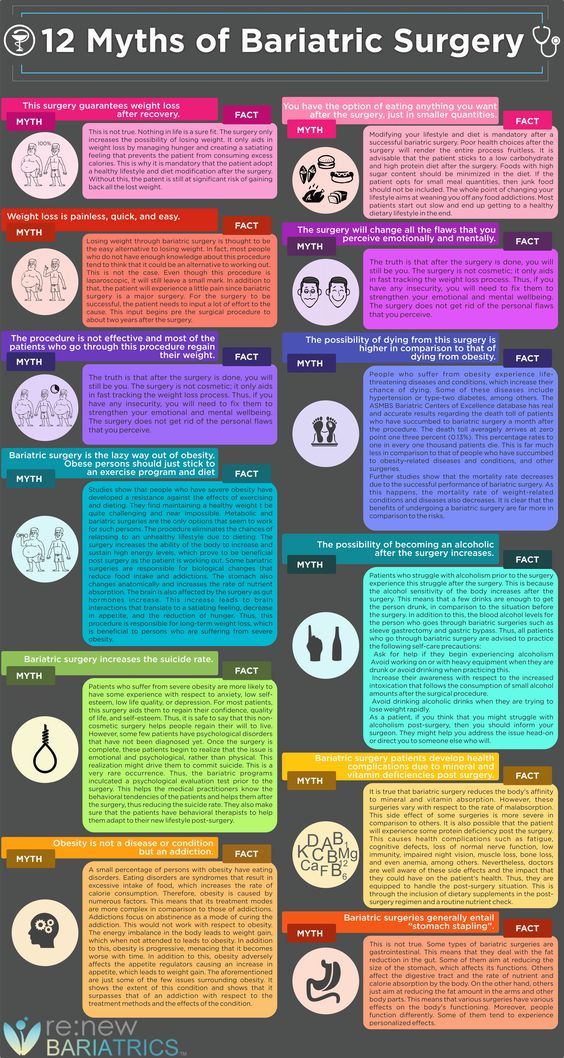 "
"
"Help teach them how to live right"
A situation when at work a person is demanding of himself and his staff, strives for an ideal, but in his personal life it is easy to get along with him, according to psychologists, is rare. Most often, problems extend to family and interpersonal relationships. Mikhail Gordeev claims that it is difficult for such people to create a couple and save a family.
"For them, the concept of "building a family" means not creating, but training, adjusting to oneself. And up to a certain point, the partner endures, because at first there is a bouquet period, love, emotions, children are born, and then there is no strength left.
Perfectionists often come to a psychologist with a request: "Help me teach them to live right." And it can be a blow for them, they can even leave therapy when they realize that I won’t explain anything, that my task is not to find right or wrong, but to help them figure it out. At first, they have to be taken out of fighting stances
Perfectionists come to psychotherapy more often than phlegmatic people or people who are calm about their successes in order to cope with increased anxiety, panic attacks, and addictions.
"Panic attacks are the result of an overload of the nervous system," explains psychologist Mikhail Khors. cause.Unfortunately, the modern approaches of many of my colleagues are to work with the consequences, which are removed by pills, the same antidepressants.And they will not affect perfectionism in any way, they affect the symptom, and not the source of pain.And after a while, problems will return."
Read also
Emotional burnout. Why is it dangerous, who is threatened and how to deal with it?
"For example, Tony Robbins and many of his colleagues teach that there are no limits of opportunity. I do not agree with this, every person has limitations. Yes, we try, give our best, work, but I want to remind you that not everything in life is from us It depends. And it happens that the obstacle is in ourselves - fears, complexes, ignorance of something - they also stop us. More than half of the European population is on antidepressants, because they are so pumped up that they can do everything they have to smile, be forever happy, energetic, successful, and they are living people. People cannot be forever happy. The modern and popular approach to the fact that a person cannot be in negative states leads to the fact that he forbids them to himself, contradicts his essence ".
People cannot be forever happy. The modern and popular approach to the fact that a person cannot be in negative states leads to the fact that he forbids them to himself, contradicts his essence ".
In therapy, perfectionists learn to be calm about the imperfections of others, to put up with the fact that the world does not work the way they want, that people can do bad things, be wrong, behave badly, that they have the right to beliefs that are different from theirs own convictions.
© YAKOBCHUK VIACHESLAV/Shutterstock/FOTODOM
"Such patients should never be told that they are wrong. It is a disaster for them," says Gordeev. "No, on the contrary, he is good, but he can become even better if he accepts that the world is not perfect, that it doesn’t always rain at the right time, etc. We talk about the price he pays for his idealistic attitude towards life. When it comes to relationship problems, I immediately ask the patient’s pressure figures, and I don’t I remember that they were normal at least once. And a person begins to understand this. We teach to be calm about another opinion, if it is not ideal, to delegate authority, if it is a team, we teach to appreciate the advantages of another."
And a person begins to understand this. We teach to be calm about another opinion, if it is not ideal, to delegate authority, if it is a team, we teach to appreciate the advantages of another."
How do you become a perfectionist?
Nadezhda Solovieva, a psychiatrist at the Scientific Center for Personalized Medicine, believes that perfectionism can be congenital or acquired.
"A person has an endopsychic — something that is inherited, something that cannot be corrected, and an exopsychic — something that a person acquires during his life and with which you can work. Perfectionists and those who do not particularly worry about anything , there is both that and that component. If the genotype contains anxiety, if it is an endopsychic component, then a person is more likely to become a perfectionist. And then the environment and upbringing shape him. relaxed, phlegmatic, the child will adapt to him. But in adolescence, he himself will begin to choose."
Psychiatrist Mikhail Gordeev believes that the influence of parents on the formation of a perfectionist is stronger than heredity.
"It happens that perfectionist parents bring up perfectionists. And sometimes parents themselves could not achieve something in life, but they consider it very important and realize their aspiration through a child. In their opinion, their child should achieve this, he should be the best, despite the fact that the parent himself could not do this.
Mikhail Gordeev notes that perfectionists in childhood were subjected to moral punishment for failures, for example, a mother could not talk to a child for bad behavior for several days, a two or three, did not learn a lesson.
"Perfectionism is a condition that is brought up by the fear of punishment, and it's not just about physical punishment. Moral rejection can be much worse for a child than deprivation of sweets, a ban on walking and cartoons, even physical punishment. And when a perfectionist grows up, he he is afraid of rejection no longer of his mother, but of friends, colleagues, lover, for him the punishment is disrespect and rejection of others.
Perfectionists are not only afraid of disrespect, they are afraid of being embarrassed. And these attitudes are also laid by close adults.
"These fears are social, they are normal for our life, the question is how strong they are," says Mikhail Khors. everyone looks, look, uncle thinks: "What a bad girl is crying in the store!" Or he says: “You disgrace me in front of other people, what relatives, neighbors, passers-by will say!”, “Go to the blackboard, the whole class will laugh that you don’t know anything”, “You will disgrace yourself in front of the whole class”, “Disgrace the school”.
Perfectionists often hear phrases from their parents: "You must be the best", "You only need to study for A", "Four is a bad grade".
© LStockStudio/Shutterstock/FOTODOM
"There are a lot of such parents," the psychologist explains. , does not work? I'll work harder," but at some point he hits the bar, faces a situation that he can't do it. Maybe he can't do it now, but it will work out in a year, but he needs it right now. And then his pain appears. "
And then his pain appears. "
Children who are not required to be the best by their parents grow up to be more harmonious personalities, Khors believes.
"Such a parent does not have this feeling of inferiority, which he tries to satisfy at the expense of the child, he loves and appreciates the child, regardless of his success. He brings him up in a more realistic-philosophical atmosphere, more phlegmatic: "You're doing well, come on, try, but if it doesn’t work out, it’s okay, you get up, shake yourself off and move on.”
Antipode of the perfectionist
The opposite of perfectionism is relaxed, phlegmatic individuals who do not suffer from failure. They are not particularly worried that their boss scolded them at work, that they cannot buy a dream car, they will not worry about rudeness in public transport, get angry at their family for scattered socks and toys. But it is also wrong to consider them indifferent, devoid of empathy and goals in life, Mikhail Gordeev believes.
"Like for a perfectionist, for such a person in life something is more important, something is less important.
For them, freedom can be the highest value. So it was with the hippies, who went to live in nature, gave up achievements, careers, because for them it was most important to live freely, not to bind themselves with frames. This was their ideal. And to some extent, they can also be called perfectionists
According to Gordeev, a student who does not worry at all because of twos at school, is not successful in school, can later achieve great success in the field of creativity.
"Perhaps from childhood he clearly knew that he needed something else," Mikhail Gordeev explains. "If a person does not worry about failure at work, in school, he may have another area of interest. Can you call him indifferent classic Manilov, who thinks about something all the time, dreams, while doing nothing? It's hard to say, you can call him a dreamer. It's just that his ideals are not recognized by society."
It's just that his ideals are not recognized by society."
Antipodes of perfectionists can also become clients of a psychotherapist, despite a more relaxed attitude towards others and their own mistakes, says psychiatrist Nadezhda Solovieva.
"If we talk about neurosis, minor psychiatry, about overcoming some kind of disorder, anxiety, panic attacks, then both come. For pronounced perfectionists, the problem is anxiety. sociopathy. And inside such people can feel their inadequacy and suffer from it. And in fact, both perfectionism and indifference are two defensive reactions of the psyche that say that a person has problems. "
Skinless people
Perfectionists are often very sensitive people. But sensitive individuals are not always perfectionists. They are called people "without skin", when a rude word, a dismissive look can hurt, and betrayal or separation unsettles them for a long time and becomes a tragedy.
Sensitivity can also be biologically determined when a person is born with a very delicate, receptive nervous system, believes Mikhail Khors. But sometimes such a feature speaks of a "God complex."
But sometimes such a feature speaks of a "God complex."
"Such a person does not necessarily strive for success, he may not have good grades in school or higher education, he may not have a prestigious job, salary, recognition of colleagues, but at the same time he has a complex of an omnipotent and omniscient being who knows for sure how it should be, how the world should be. And if it is arranged differently than he imagined for himself, then it means that this is a bad world. It hurts such people to live in a world that is not organized according to their laws. In religion, this is called the word " pride." Pride is the sin that is the mother of all other sins."
Nadezhda Solovieva believes that in this case it is not about perfectionism, but rather about intolerance.
"You can't put an equal sign between intolerance and perfectionism. There are intolerant people who are not perfectionists, and vice versa."
A psychotherapist will help you deal with the "God complex". Hypersensitive people can also improve the quality of life in therapy sessions and learn to react less painfully to traumatic situations and events.
Hypersensitive people can also improve the quality of life in therapy sessions and learn to react less painfully to traumatic situations and events.
Do opposites attract?
Families built by people with different temperaments and characters are considered stronger. A classic example of such an alliance is the heroes of Vera Alentova and Alexei Batalov in the film "Moscow Does Not Believe in Tears", Natasha Rostova and Pierre Bezukhov in Tolstoy's novel "War and Peace". But not in a movie or book, but in a real couple created by a perfectionist and his antipode, according to psychiatrist Mikhail Gordeev, serious problems will arise.
"It is unlikely that they will get along. And even great love will quickly go out, because they are different in their perception of the world. Indeed, in a couple, a person often sets criteria for a partner. And a perfectionist can set criteria in terms of productivity, punctuality, beauty. He can be the ideal of beauty, and he, say, will like a beautiful woman, but in the morning she will still wake up with a wrinkled face, and this is already a violation of the ideal.
See also
When is it time for couples? Modern family in graphs and numbers
Such different people will be able to build relationships and families only if both recognize their shortcomings and are ready to make concessions to each other.
"They can get along, the question is whether they strive for this," says psychologist Mikhail Khors. that if suddenly something is wrong in a relationship, then you need to leave and look for where it will work out in an ideal way. If people in a relationship value something else besides their ego, they will most likely try to take steps towards each other " .
Psychiatrist Nadezhda Solovieva is more optimistic about the prospects of the family of a perfectionist and his opposite: in her opinion, the main condition for success in such a couple is the absence of categoricalness in both.
"There is a concept of harmony in a couple. If a perfectionist knows his shortcomings, but cannot fight them, he will appreciate the qualities he lacks in a partner. It will also be useful for his antipode to learn something from a perfectionist. And a perfectionist can become close to his more relaxed partner. If categoricalness is not mixed with the perfectionism and indifference of both, if both are not rigid, flexible, the couple can turn out to be wonderful, complementary, one will level the weaknesses of the other. "
It will also be useful for his antipode to learn something from a perfectionist. And a perfectionist can become close to his more relaxed partner. If categoricalness is not mixed with the perfectionism and indifference of both, if both are not rigid, flexible, the couple can turn out to be wonderful, complementary, one will level the weaknesses of the other. "
Rigidity, in other words, rigidity, resistance to change. They can happen to a perfectionist during his life under the influence of psychotherapy or some important event. It happens that a perfectionist even refuses to achieve, abandons his career and becomes a downshifter, devotes himself to his family, but such a sharp change often happens after certain events.
"In order for something to change quickly, a catastrophe must happen. Some kind of big shock in life," says Mikhail Gordeev.
But the opposite situation, when an indifferent and relaxed person turns into a perfectionist, happens much less frequently.
